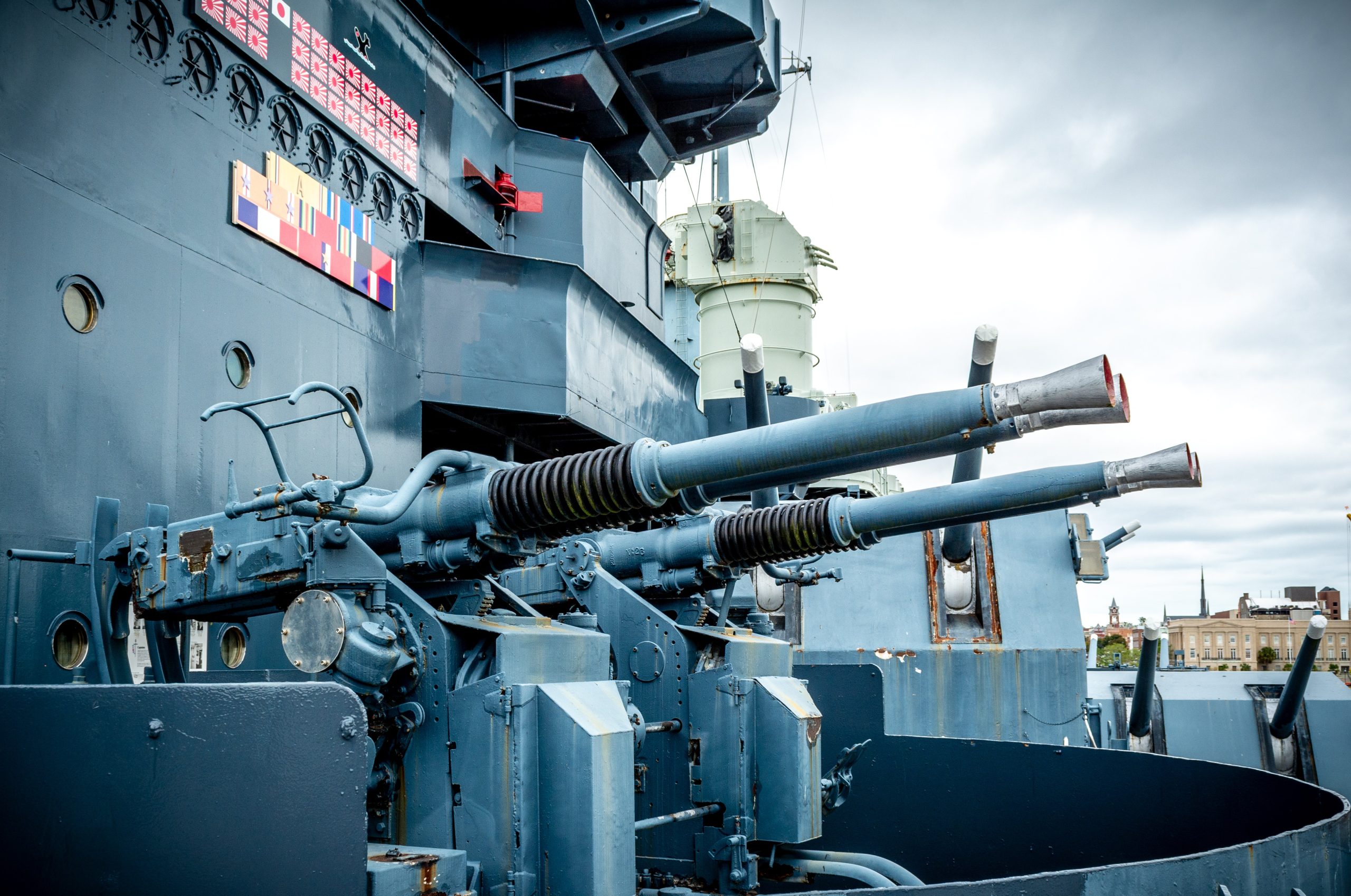- 10 May 2023
- 75
The crystal ball of war: Can games predict conflict outcomes?

War games have long been used by military strategists to plan for potential conflicts, but can they also be used to predict the outcomes of real-world conflicts? Some experts believe that through simulation, war games can provide valuable insights into the potential strategies and tactics of opposing forces, helping military planners prepare for a range of scenarios.
At their core, war games are simulations of complex situations where players are divided into teams and assigned roles. These games are designed to mimic the conditions and challenges of real-world situations, and often involve elements of competition and strategy. Through play, participants are able to test out different strategies and tactics, identify strengths and weaknesses, and develop a deeper understanding of the challenges they face.
One of the key benefits of war games is their ability to predict the outcomes of potential conflicts. By simulating the actions and reactions of opposing forces, war games can provide insights into potential strategies and tactics, and help military planners develop effective responses.
However, it is important to note that war games are not a crystal ball, and their predictions are not always accurate. There are many factors that can influence the outcome of a conflict, and war games are based on assumptions and predictions that may not always reflect the reality of a given situation.
Despite these limitations, war games can still provide valuable insights into potential conflicts. They can help identify potential weaknesses in a military’s strategy or approach, and allow planners to adjust their approach before a conflict occurs.
In addition to their use in military planning, war games have also been adapted for use in other fields, such as business and government. Companies such as Microsoft and Amazon have used war games to test out potential business strategies, identify vulnerabilities in their supply chains, and prepare for potential cyber attacks. Governments have also used war games to develop disaster response plans, test out new policies, and simulate diplomatic negotiations.
To be effective, war games must be carefully designed and executed. This requires a deep understanding of the challenges and objectives facing the organization, as well as the ability to develop realistic scenarios and simulate complex situations. It also requires skilled facilitation and analysis in order to identify key insights and takeaways.
In conclusion, while war games are not a crystal ball and their predictions may not always be accurate, they can still provide valuable insights into potential conflicts. By simulating the actions and reactions of opposing forces, war games can help military planners, businesses, and governments identify potential strategies and tactics, and develop effective responses to potential threats. With careful design and execution, war games can be a valuable addition to any organization’s planning toolkit.

